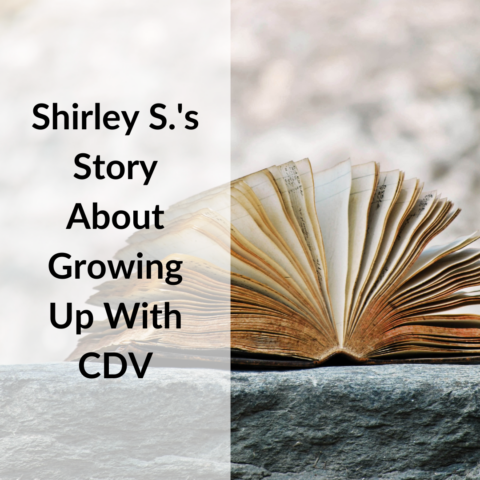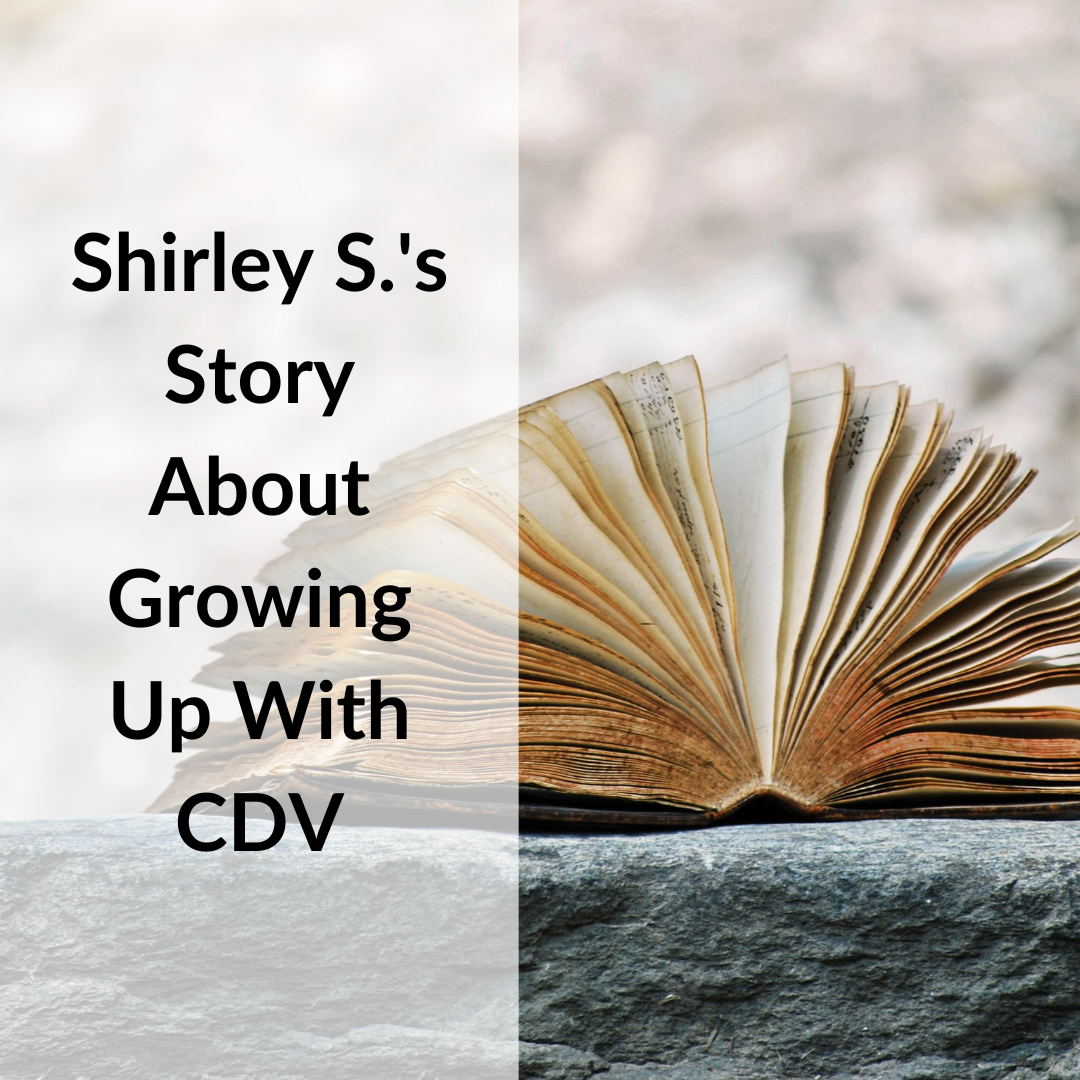 |
Shirley S. is now a thriving 23 year-old young adult who grew up with Childhood Domestic Violence (CDV). |
She shares her story of what she experienced as a child – watching her mother be beaten when she was only 6 years old and witnessing her mom attempt suicide more than once.
Shirley grew up with Childhood Domestic Violence (CDV)
Shirley may not put a name to what she experienced growing up but what she endured is childhood domestic violence (CDV). At its heart, CDV occurs when a person grows up living in a home with domestic violence (DV). DV is violence between parents or violence towards a parent — perhaps from a stepparent or significant other. The violence can be physical, non-physical, or both, but it is NOT directed towards the child.
CDV has little awareness compared to other adversities that many children face such as physical, sexual, and emotional abuse and physical and emotional neglect. Yet, CDV often co-occurs alongside other adversities prevalent in a home and the cycles of violence and neglect can repeat for generations.
Shirley S.’s story of domestic violence
Yet Shirley and her mom escaped. In a new country, they are on the continuous path of self-discovery. They are learning to understand that the domestic violence they experienced has long lasting impact on their well-being. And although Shirley was not the one being physically abused, the CDV that she experienced has had similar negative consequences:
I was born in South America, where I resided until I was six years old. My dad would hit my mom, and would also cheat on her. During those early years of my life, there were many times in which I watched, scared in a corner, as my dad hit my mom. Many of these memories are still very vivid for me, even seventeen years later. I remember my mom crying, my dad’s fists in the air, and me crying, begging him to stop. In this particular instance, my mom went to the restroom, where she tried to drink bleach. I was watching. She must have noticed I was observing, because she immediately threw it out in the sink.
That was only one time. Yet I remember another vivid instance, in which they fought in the car and my mom tried jumping out of the moving vehicle while on the highway. My dad often threatened to hit her. If he was caught cheating, it was her fault, and she would get beaten that night. I remember my mom’s eyes looking empty, like the shell of a person. Bruises covered her arms and legs. We ended up fleeing our country and sought assistance in the U.S to escape my dad’s violence. We were free, but it wouldn’t be any easier.
Living with a single parent in a whole new country, with a new language and culture proved difficult. There were other effects of domestic violence that would persist for years too. My mom battled depression for many years. She struggled with her self-image and self-love. I too, developed depression, anxiety, and later would come to find out that I also had developed PTSD from the domestic violence.
As a teenager, it influenced my relationship choices…which led to my own verbally and emotionally abusive relationship. It also impacted my perception of how I should be treated, my self-image, and how to handle conflict. For years, my way of handling conflict was with yelling and throwing things.
Overall, it took a lot to be where I am today. I had many therapists help me, I read self-help books, I did inner child work, and had to relearn how to handle conflict. I still struggle. I’m easily scared by arguments, yelling, or loud noises and I struggle with insecure attachment. However, I wouldn’t be who I am today if it hadn’t been for those experiences.
I went on to graduate college and I am now studying for my master’s degree in clinical psychology, where I hope to be able to provide support to children, women, and others, as well as provide pro bono services for women in violence shelters.
My advice is, don’t let it define you. It is important to who you are, but you can decide to ignore it, let it hold you down, or use it as a motivator. It is possible to reach all your goals and dreams, and to break the cycle. Also, forgiving can help. Not directly but release it somehow. For example, I have written letters to my dad, and then burn them. It helps me release those sentiments without ever actually saying it to him.
Did you grow up with Childhood Domestic Violence (CDV)?
Shirley understood over time that self-healing and seeking additional help was how she could go on to become a successful adult and improve her life’s path. She knows that what she went through growing up has made her more resilient today. She has broken the cycle of violence for her future.
But maybe you need a kick-start- some encouragement and outside help to get on your own path of healing. Take the online 45 day program that many have claimed has helped them transform their lives. It helps YOU understand that what you faced as a child- the price you paid, has now given you an inner strength and you can achieve anything.
Learn more about Childhood Domestic Violence (CDV) at cdv.org

